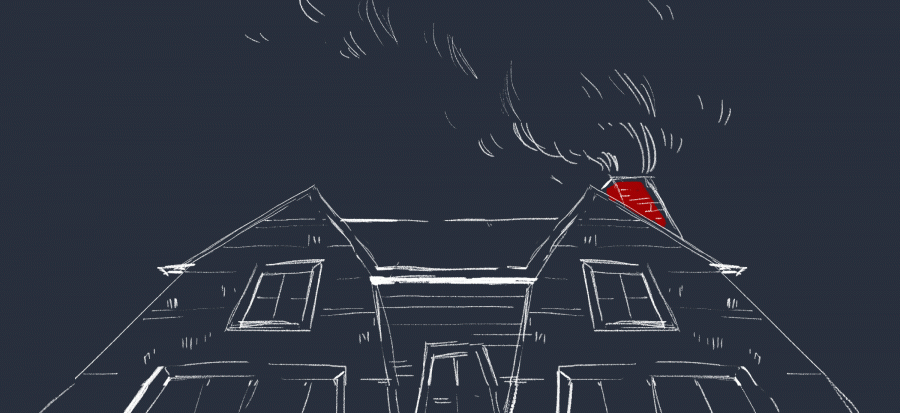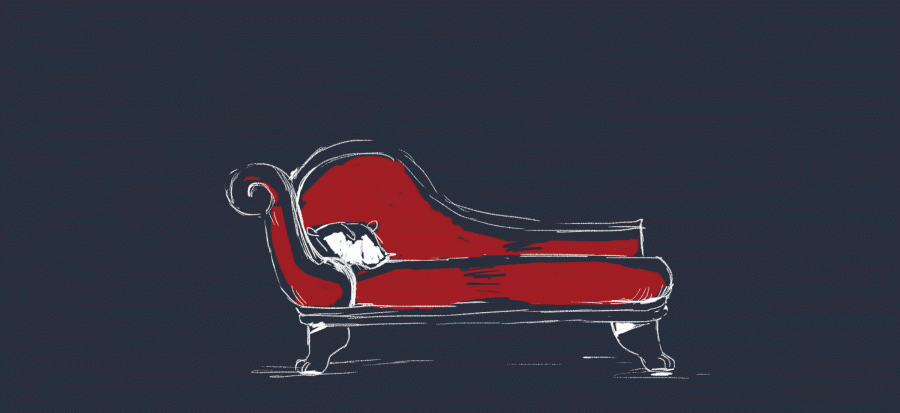During her sophomore year of high school, 2018 alumna Elizabeth Jones became sexually involved with one of her friends. Jones said their transition from friends to sexual partners came simply because the boy began flirting with Jones, and one thing led to another.
Once, late at night, Jones went over to the boy’s house with the intention of having sex. The boy, however, began trying to introduce what she called kinky elements to their interaction that night, though he never asked Jones about her comfort level beforehand. Immediately, Jones told the boy to stop.
“He held me down and kept going, but I kept on telling him to stop,” Jones said. “He stopped a little while later [because] I yelled his name and told him to stop, and I also pushed myself off of him.”
“He held me down and kept going, but I kept on telling him to stop.”
After Jones pulled away, she said she just sat in the room for a bit. While she does not remember details because of the amount of time passed, Jones said she confronted the boy afterward and told him to stop. The boy kept going. He apologized, and Jones left.
Jones went over to the boy’s house two or three times after that night, though despite what happened, she was not uncomfortable around him. She said she had convinced herself she wanted what he did to her, and she was overreacting. Now, Jones realizes what he did to her was wrong and wonders why she went back to him.
“He was my friend,” Jones said, “and I trusted him.”
Jones did not fully realize what the boy did to her was wrong until she took a required rape prevention course through her university around three years later. After the class, Jones took a longer walk back to her dorm than she usually did to think about what she learned in the session and had a panic attack. Jones felt empty. She could not feel anything, yet her heart was beating rapidly and she could not breathe.

ned all the definitions of sexual assault and consent,” Jones said, “and I slowly replayed what happened in my mind, and I realized that I was assaulted. While this was happening though, I was crying, and I just stopped and cried on the sidewalk cause I physically couldn’t move or stand up straight.”
As soon as she began to panic, Jones thought about how she did not want to cry and attempted to hold her emotions back because she said she associates crying with signs of weakness. The vulnerability she identified with weeping, as well as the memories of what the boy did to her, made Jones feel helpless. Just as she had no power over the boy years ago, Jones once again felt debilitated.Reflecting back on her experience as she cried, Jones said she felt like her soul disappeared and something had been taken from her. Although she did not tell anyone about what happened until years after that night, she stopped trusting men for a while and felt uncomfortable when she was physically close to them. Jones said she no longer feels weak and defenseless.
“I’ve learned that [what the boy did to me] wasn’t my fault and that I’ll be okay,” Jones said. “You grow, and you learn from your past and you can’t live in the past because you have your whole future ahead of you.”
Art by Moy Zhong


















































































